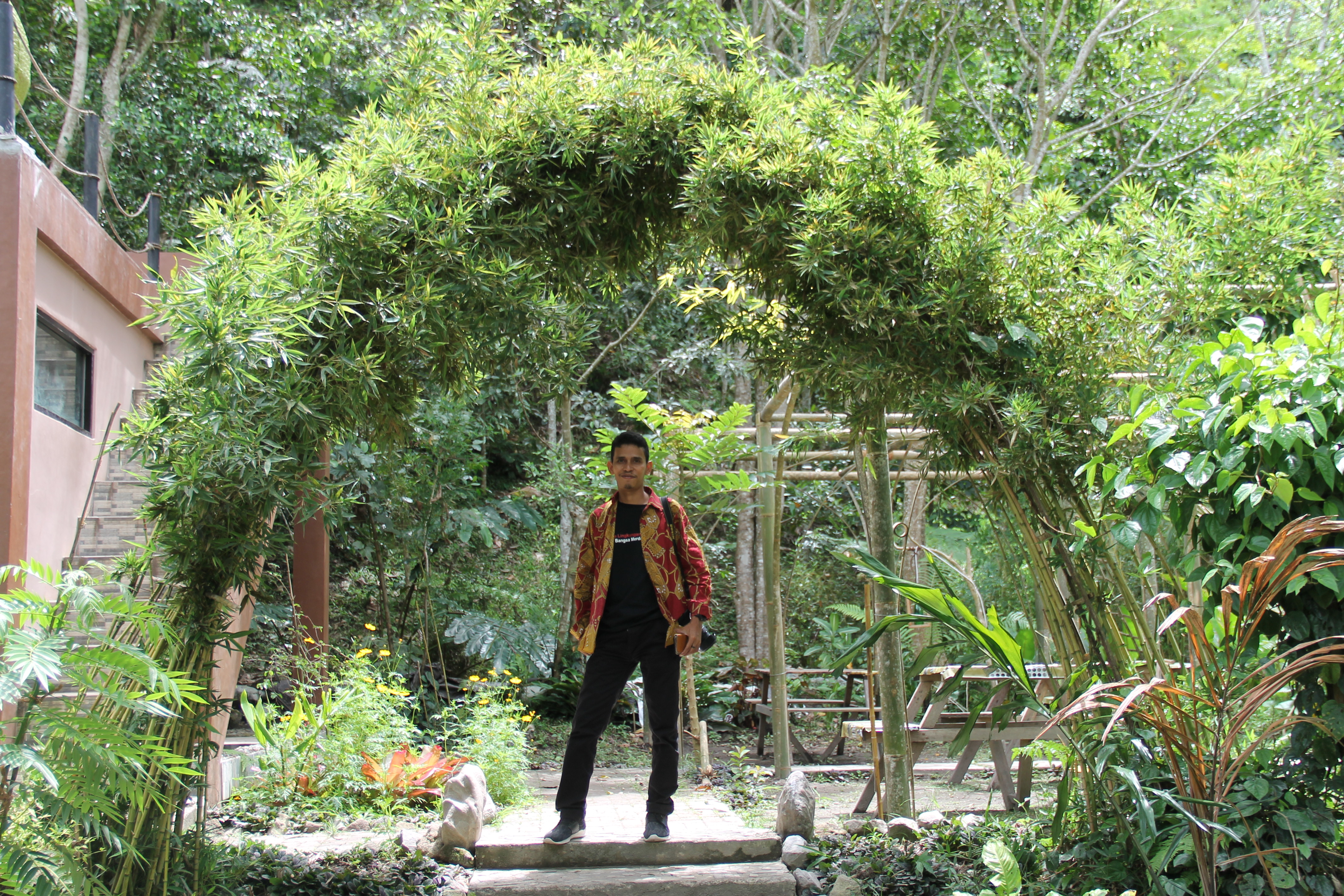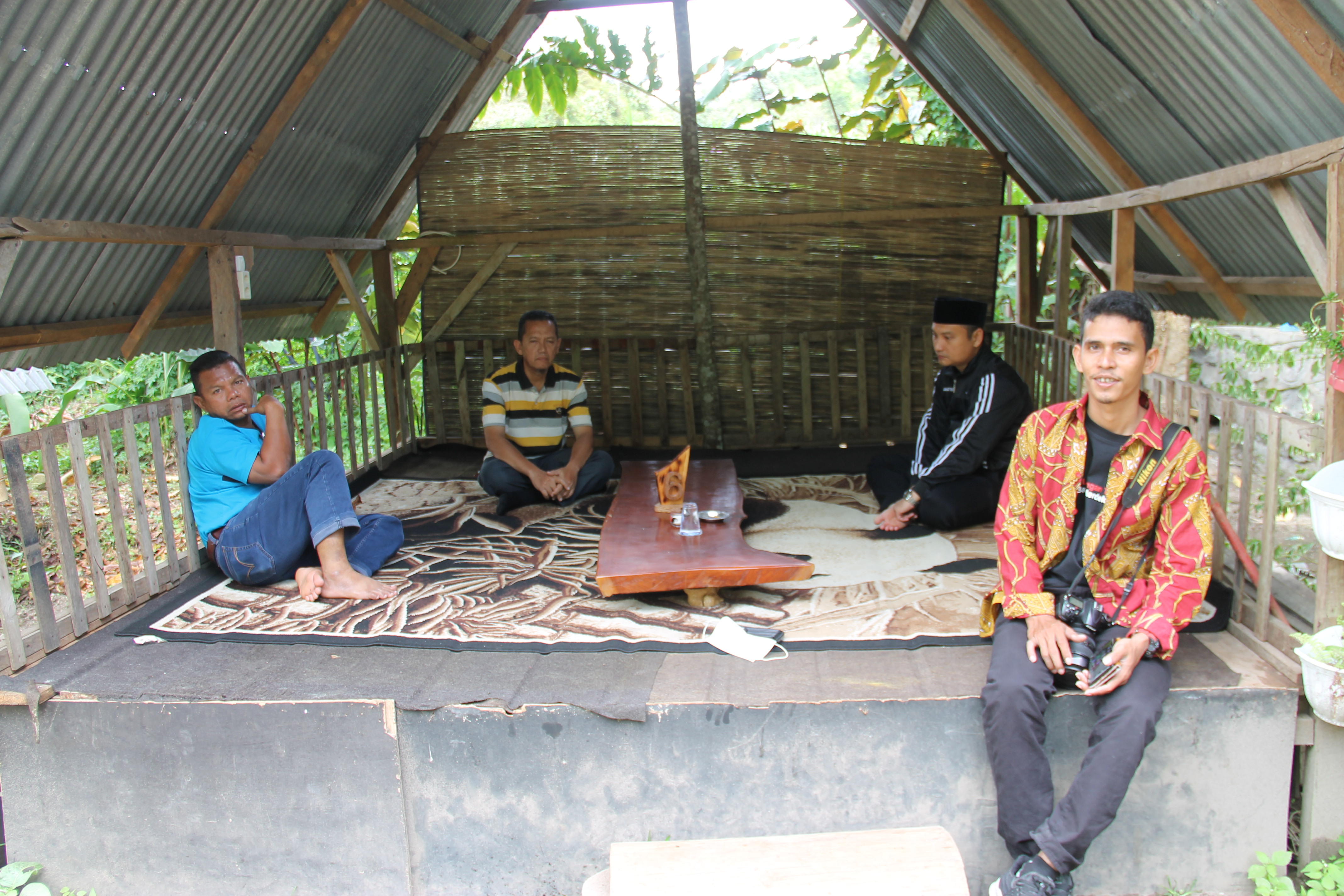Multi-Layered Food Crisis Protection |
Coffee plantation cafes are one of the economic pillars of the Gayo community in Aceh, Indonesia.
Protection against a food crisis is carried out in layers. If the garden experiences crop failure, a significant decrease in production, or the value of commodities falls on the market, women are sometimes forced to borrow money from neighbors/extended family/friends to meet the family's food needs or take savings/loans from the bank.
To ensure food stability in their families, they will use their yards to plant vegetables if there is no income to buy food or take other jobs.
In fact, farming is a second job. They have other main jobs and the income from their main job is greater than selling agricultural products.
However, on average, female farmers have adequate savings that can be relied on in an emergency. This is the wisdom of female farmers, traditionally they have a persistent attitude in saving consistently.
The fall in coffee prices on the market which has the potential to create food insecurity is also never a problem. This is because farming is actually just a second job. Some heads of families and women have other main jobs, such as civil servants, traders, or fishermen in Lake Lut Tawar.
So when the agricultural aspect declines, the second pillar of food security falls. While the main pillar can still be relied on.
There are several factors that determine the position of farmers in the social environment. The most important thing is of course land ownership. Here, the level of land area can determine more social aspects. The wider a person's land, the higher the prestige he or she will get.
Apart from that, there are also other factors that are not related to the context of plantations or agriculture. If a farmer has "high" religious knowledge, he or she has a great chance of being appointed as a community leader.
He or she will be present in every village activity and religious ritual related to agriculture. Therefore, the combination of "land mastery" and religiosity can place someone at an elite level in social stratification. The predicate of high influencer will be held and become a reference for the community.
Not all female farmers have Gayo "blood". Some are women from other ethnicities. This is because in Gayo society, marrying someone from another village and ethnicity is something that often happens.
There are no policies or social norms that prohibit it. Both Gayo men and women can marry non-Gayo people. Non-ethnic marriages have an influence on culture, religion and economics. It's just that Gayo women who marry men from other tribes have to follow their husbands, so there is a possibility that they will be kept away from gardening activities as an economic and cultural act.[]

